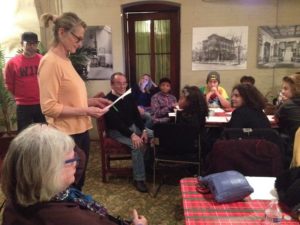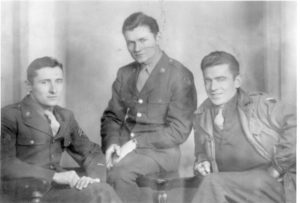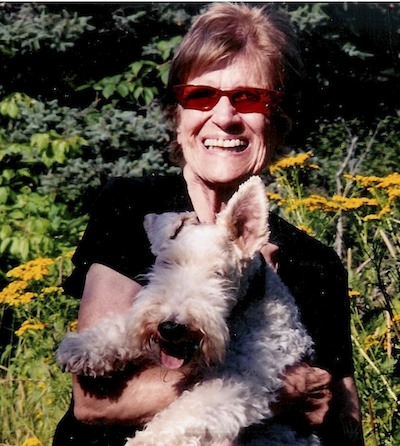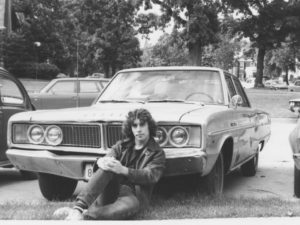Mondays with Mike: Take these rewards points and…
December 11, 2017 • 10 Comments • Posted in Mike Knezovich, Mondays with Mike, travel
Please. Make it stop!
I hate coupons.
I hate loyalty programs—whether it’s frequent flier programs or little punch cards that you have to carry around so you get that 10th cup of coffee free. I hate cash back schemes, mileage cards, hotel points. I hate all of it.
I know some people enjoy clipping every coupon, taking advantage of every buy-one-get-one free deal—it’s kind of a game for them.
It all just aggravates me. Save the money it costs to run the freaking program. Cut the price for everybody. Shut up and quit trying to manipulate me.
But I’m not immune to it. When it comes to flying, we’re enrolled. We’re in the Kimpton Hotel Karma rewards program. I get emails from loyalty programs I can’t even remember—they date from work travel in bygone days.
Even when we have a lot of points, enough to do something free, I hate them. Go online. See how much it costs in dollars. See how much it costs in rewards points. If we fly on this day and that time, yes, we have enough points. But really, it’s not that expensive: maybe we should just pay dollars and save the points? Then there’s a fee to use the damn points. Headache builds.
Same thing with hotels. Hours on the freaking computer figuring it out. I’m absolutely sure that if we all put some small value on our time that we’d discover tracking down these deals is a net loss.
This little fit of mine was triggered by a bar stool conversation the other night with some of our old bar stool pals from the now defunct Hackney’s. We were at another neighborhood haunt called the South Loop Club—it ’s an old, old school joint with Formica tables and Formica bartop. It’s clean, but nothing’s been updated for decades—except it has the ubiquitous flat screens with sporting events running all the time. But. it’s quiet. WXRT—an FM music station that’s an institution in Chicago—plays at a low volume in the background, and conversation happens without yelling.
Anyway, Hackney’s isn’t the only local institution to have closed in the past year. Blackie’s, another bar/restaurant—one that had been in the hood forever—closed its doors a few months ago. When it did, we also lost a great place for weekend breakfast. There are lots of other places around here, but they’re all overcrowded, loud, trendy and expensive. (Have I said, “Get off my lawn!” yet?)
The friends we were with Saturday night are part of a neighborhood group that breakfasted at Blackie’s religiously every Saturday morning. A really terrific, comforting ritual.
The group auditioned a bunch of breakfast replacement joints, and happily, they have found another old-school place—a little farther away than Blackie’s—that has somehow survived a wave of gentrification. It’s called Eppel’s.
Anyway, our friends Kyle and Cathrine talked about the breakfast they’d had that morning. They liked the food and the folks that worked there. And they have apparently established themselves as regulars, because, they said, on the way out, everyone in the party was handed a cup of coffee in a to-go cup. “It’s on us,” said the manager.
Now that’s a loyalty program.



